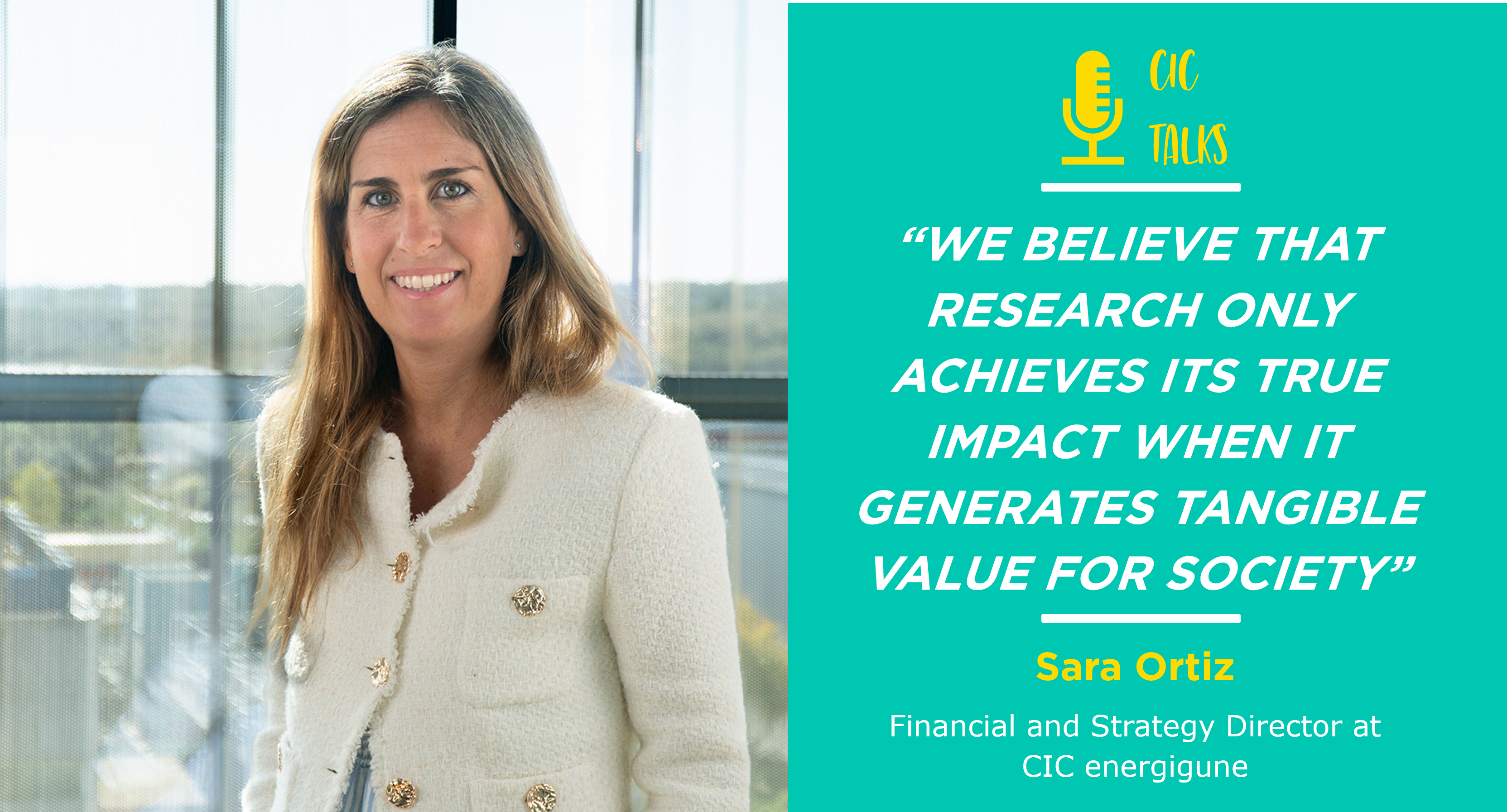

Because we believe that research only reaches its true impact when it generates tangible value for society. Spin-offs are a powerful vehicle to transfer knowledge to the industrial fabric and, at the same time, to demonstrate how centers like ours contribute to real innovation.
They also allow us to give continuity to technologies with potential, create qualified jobs, and attract investment. It’s not just about publishing high-quality science, but about transforming it into real-world solutions.
In this sense, betting on spin-offs means betting on an R&D model that creates impact, builds industry, and connects scientific excellence with the needs of today’s world.
First, a solid and distinctive scientific foundation, of course. But something more is also needed: a deep understanding of the market, a team with an entrepreneurial vision, and a clear value proposition.
At CIC, we analyze the technological readiness level (TRL), the competitive environment, and the business model from very early stages. If there’s no concrete opportunity or the market fit isn’t clear, we prefer to wait. We prioritize quality over quantity.
The first step is having a solid, distinctive scientific base with application potential. But that’s not enough. For research to evolve into a viable spin-off, it’s essential to understand the market, build a clear value proposition, and have a team with not only technical capabilities but also an entrepreneurial mindset.
At CIC energiGUNE, we analyze from early stages key aspects such as technology readiness (TRL), competitive landscape, development scalability, and business model viability. This evaluation allows us to identify not just whether the technology works, but whether it makes sense outside the lab.
If we don’t see a clear fit with market needs or a realistic path to industrialization, we prefer to wait. Our approach isn’t about quantity, but quality: few initiatives, but with a solid foundation and a path that justifies the effort of turning science into business.
A high-quality spin-off has a differentiated technology, a committed team, a clear market access strategy, and a viable funding model.
It must also make strategic sense: we don’t create spin-offs based on volume, but based on impact. We look for projects that truly have the potential to scale and become relevant players in their sector.
Many. First of all, we strengthen our mission of creating real impact in the technological and industrial environment. Spin-offs are a direct way to demonstrate that the knowledge we generate can be transformed into concrete, competitive solutions with added value for society and the market.
They also allow us to gain visibility and credibility with companies, investors, and public institutions, showing that we are capable not only of conducting research, but also of transforming that research into ventures with business potential. These kinds of initiatives generate returns — economic, strategic, and reputational — that can be reinvested in new R&D lines.
They also attract entrepreneurial talent and strengthen the innovation ecosystem around the center. And most importantly: they allow us to maintain an active link with technologies born at CIC, ensuring their evolution and maturity with our continued involvement as a key technological partner.
Absolutely. In recent years, the Basque Country has built a very solid innovation ecosystem, with a clear strategy to support technology transfer and science-based entrepreneurship. Initiatives like the Basque Research and Technology Alliance (BRTA), of which we are a part, R&D support programs, and the commitment to sovereign technologies are creating the right environment for deep tech projects to flourish.
At CIC energiGUNE, we feel that institutional support and see growing collaboration with industrial and financial stakeholders, who increasingly understand the pace and needs of this kind of technology. There’s a strong culture of public-private cooperation, which is a key asset.
At the European level, programs like Horizon Europe, the EIC Accelerator, and the Next Generation funds are also opening up major opportunities for these initiatives. Now the challenge is to take full advantage of this context with ambition, vision, and long-term commitment.
The Basque Country has the knowledge, talent, and determination to become a reference in the deep tech field. From centers like ours, we are convinced that we can lead this transformation from science.

If you want to know the latest trends in energy storage and new developments in research, subscribe.

If you want to join a top-level team, collaborate with specialists in multiple disciplines or tell us about your concerns, don't think twice...